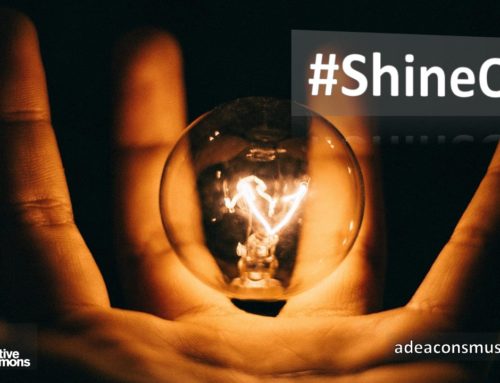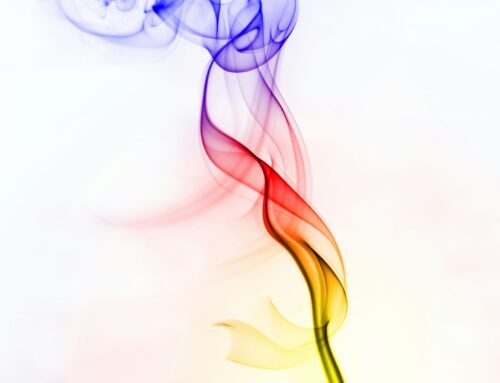In about a week, my team-mate – Shelly – and I will have the honour to sit with youth & young adults from Selkirk Presbytery. During that time, we will reflect on, discuss, wrestle with and consider the challenges posed by the documentary Miss Representation. The intent of this documentary is borne from Jennifer Siebel Newsom’s, the writer & director, experience as her daughter’s birth day approached. In this exploration, Newsom poses this challenge: “In a society where media is the most persuasive force shaping cultural norms, the collective message that our young women and men overwhelmingly receive is that a woman’s value and power lie in her youth, beauty, and sexuality, and not in her capacity as a leader.”
The documentary is not easy – the difficulties experienced as girls grow into women is shocking, hurtful and angering. The vulnerability and truth shared in this documentary is humbling and I found myself wondering how I might respond, reflect and share my impressions prior to Feb 18/12 … A Deacon’s Musing seemed one way to begin …
I first began to consider my own background … I was raised and nurtured by two women who, for various reasons that speaks to their own contexts, chose to challenge the deep patriarchal culture into which I was born. When my Giddo (Arabic for grandfather) directed my Sitto (Arabic for grandmother) to divorce him so he could marry another, he made it clear that if she did not, she would suffer the emotional and financial pressure he could bring to bear. In turn, in a culture in which divorce was shunned, she became a single mother and entrepreneur. My mother, later on, chose to raise me as a single unwed parent. And while people picketed the first daycare I attended, as it was open to bastard children such as myself, these women loved me deeply and sincerely.
One of the other things that I have been considering is the Early Church – this crazy collection of men and women who came together to form community around the teachings of Jesus. A man who modelled an egalitarian community in which the very gender and age divisions we continue to experience to this day were rejected. In fact, if it were not for many of the women of the Early Church – such as Phoebe, Priscilla, Aquila, & Junia, to mention only a few – there would likely be little of the Christianity that we practice today. Some of these women, who held significant wealth, used their own financial resources to nurture this new way of being. They planted seeds and recognised the strong and vibrant potential that existed when all members, regardless of gender or age, were encouraged to recognise their equal gifts as Children of God.
Another avenue of thought that I have gone down is our own denominational experience: the United Church of Canada (UCC). As a denomination, we have been part of the suffrage movement, we were the first Canadian denomination to recognise that women could actually be effective Ministers and, as such Lydia Gruchy was ordained in 1936. From these early steps, the UCC has gone onto to further embrace an egalitarian ministry that does not preclude access to ministry based on sexual orientation. From here, we have recognised that no marriage, regardless of sexual orientation, should be denied to consenting adults.
I have also recognised, as I prepared this blog, that my experiences, those of the Early Church and even our denomination, are not normative – though we may wish that were the case. Miss Representation clearly highlights that all of the work that has been done since the Civil Rights Movement of the 1960s is both laudable and in constant danger of reversal. I think what struck me most is the danger of complacency by those of us who ASSUME the work is done, when this documentary clearly demonstrates this is not the case …
The music video that completes this blog was designed by young men and women (with the assistance of the Manitoba Council for International Cooperation) who have chosen to share stories, name the reality that women are objectified by our culture and, ultimately, sings of the importance of the empowerment of women for ALL of us. It is a response to the challenge with which the documentary itself leaves the viewer: share your stories, take action to continue the work for equality and confront the human systems that diminish women, because when my mother, niece, aunt, sister and spouse are lessened then my own male potential is equally harmed. It is in healthy communities, grounded in equality and respect, that we find our full potential as Brothers and Sisters in Christ!






Your reflections are most welcome!